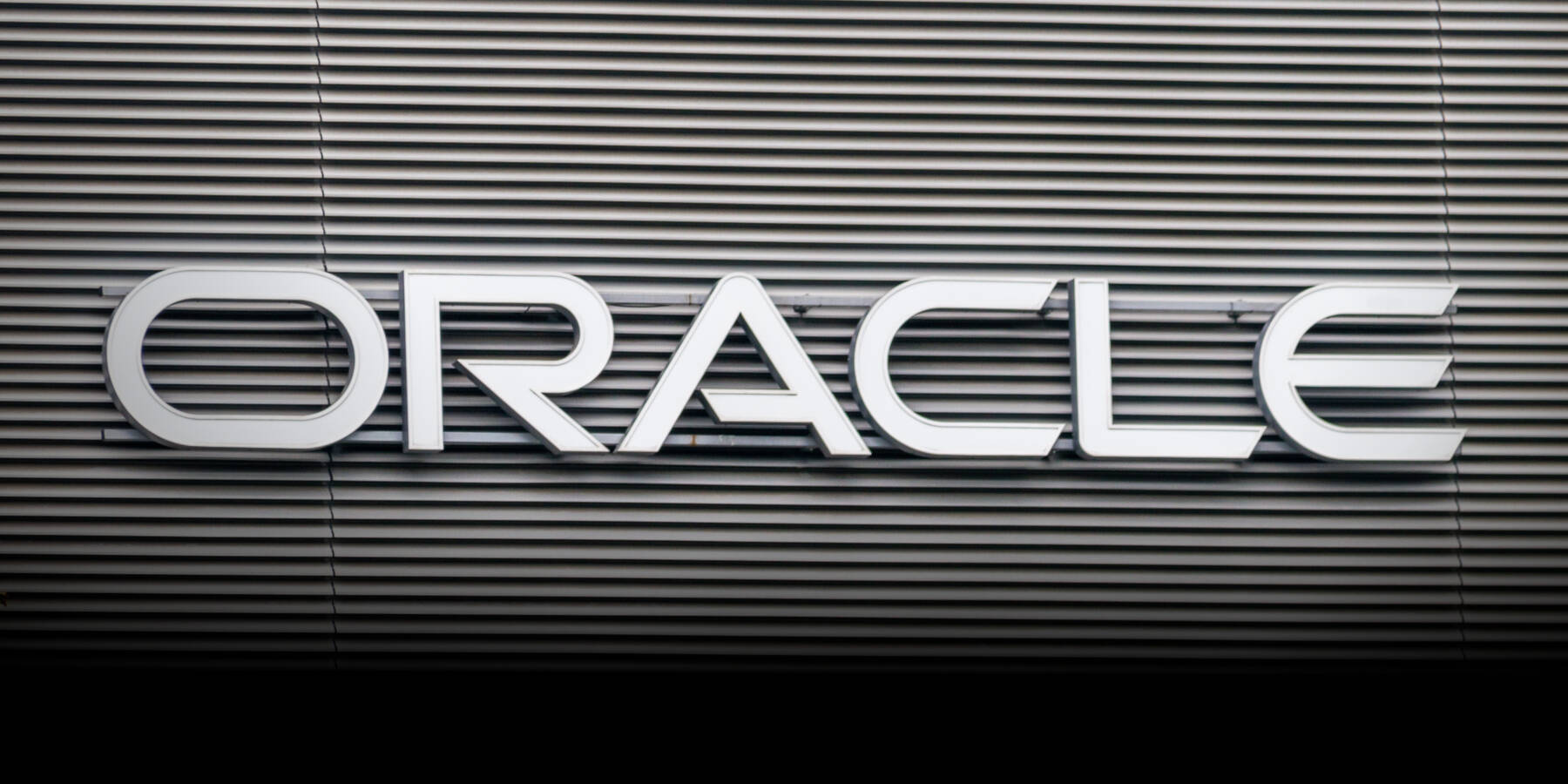|
adobe — magento
|
Magento versions 2.3.5-p1 and earlier, and 2.3.5-p1 and earlier have a path traversal vulnerability. Successful exploitation could lead to arbitrary code execution. |
2020-07-29 |
8.5 |
CVE-2020-9689
CONFIRM |
|
adobe — magento
|
Magento versions 2.3.5-p1 and earlier, and 2.3.5-p1 and earlier have a security mitigation bypass vulnerability. Successful exploitation could lead to arbitrary code execution. |
2020-07-29 |
8.5 |
CVE-2020-9692
CONFIRM |
adobe — magento
  |
Magento versions 2.3.5-p1 and earlier, and 2.3.5-p1 and earlier have a dom-based cross-site scripting vulnerability. Successful exploitation could lead to arbitrary code execution. |
2020-07-29 |
9.3 |
CVE-2020-9691
CONFIRM |
arris — ruckus_wireless_unleashed
  |
rkscli in Ruckus Wireless Unleashed through 200.7.10.92 allows a remote attacker to achieve command injection and jailbreak the CLI via a crafted CLI command. This affects C110, E510, H320, H510, M510, R320, R310, R500, R510 R600, R610, R710, R720, R750, T300, T301n, T301s, T310c, T310d, T310n, T310s, T610, T710, and T710s devices. |
2020-07-28 |
7.5 |
CVE-2020-13917
CONFIRM |
arris — ruckus_wireless_unleashed
  |
A stack buffer overflow in webs in Ruckus Wireless Unleashed through 200.7.10.102.92 allows a remote attacker to execute code via an unauthenticated crafted HTTP request. This affects C110, E510, H320, H510, M510, R320, R310, R500, R510 R600, R610, R710, R720, R750, T300, T301n, T301s, T310c, T310d, T310n, T310s, T610, T710, and T710s devices. |
2020-07-28 |
7.5 |
CVE-2020-13916
CONFIRM |
arris — ruckus_wireless_unleashed
  |
emfd/libemf in Ruckus Wireless Unleashed through 200.7.10.102.92 allows a remote attacker to achieve command injection via a crafted HTTP request. This affects C110, E510, H320, H510, M510, R320, R310, R500, R510 R600, R610, R710, R720, R750, T300, T301n, T301s, T310c, T310d, T310n, T310s, T610, T710, and T710s devices. |
2020-07-28 |
7.5 |
CVE-2020-13919
CONFIRM |
| artifex_software — ghostscript |
A memory corruption issue was found in Artifex Ghostscript 9.50 and 9.52. Use of a non-standard PostScript operator can allow overriding of file access controls. The ‘rsearch’ calculation for the ‘post’ size resulted in a size that was too large, and could underflow to max uint32_t. This was fixed in commit 5d499272b95a6b890a1397e11d20937de000d31b. |
2020-07-28 |
7.5 |
CVE-2020-15900
MISC
CONFIRM
MISC
MISC
MISC |
| aternity — steelcentral_aternity_agent |
SteelCentral Aternity Agent 11.0.0.120 on Windows mishandles IPC. It uses an executable running as a high privileged Windows service to perform administrative tasks and collect data from other processes. It distributes functionality among different processes and uses IPC (Inter-Process Communication) primitives to enable the processes to cooperate. Any user in the system is allowed to access the interprocess communication channel AternityAgentAssistantIpc, retrieve a serialized object and call object methods remotely. Among others, the methods allow any user to: (1) Create and/or overwrite arbitrary XML files across the system; (2) Create arbitrary directories across the system; and (3) Load arbitrary plugins (i.e., C# assemblies) from the “%PROGRAMFILES(X86)/Aternity Information Systems/Assistant/plugins” directory and execute code contained in them. |
2020-07-27 |
7.2 |
CVE-2020-15593
CONFIRM
MISC |
| control_web_panel — centos_web_panel |
This vulnerability allows remote attackers to execute arbitrary code on affected installations of CentOS Web Panel cwp-e17.0.9.8.923. Authentication is not required to exploit this vulnerability. The specific flaw exists within ajax_disk_usage.php. When parsing the folderName parameter, the process does not properly validate a user-supplied string before using it to execute a system call. An attacker can leverage this vulnerability to execute code in the context of root. Was ZDI-CAN-9713. |
2020-07-28 |
10 |
CVE-2020-15427
N/A |
| control_web_panel — centos_web_panel |
This vulnerability allows remote attackers to execute arbitrary code on affected installations of CentOS Web Panel cwp-e17.0.9.8.923. Authentication is not required to exploit this vulnerability. The specific flaw exists within ajax_list_accounts.php. When parsing the username parameter, the process does not properly validate a user-supplied string before using it to execute a system call. An attacker can leverage this vulnerability to execute code in the context of root. Was ZDI-CAN-9736. |
2020-07-28 |
10 |
CVE-2020-15430
N/A |
| control_web_panel — centos_web_panel |
This vulnerability allows remote attackers to disclose sensitive information on affected installations of CentOS Web Panel cwp-e17.0.9.8.923. Authentication is not required to exploit this vulnerability. The specific flaw exists within ajax_new_account.php. When parsing the domain parameter, the process does not properly validate a user-supplied string before using it to construct SQL queries. An attacker can leverage this vulnerability to disclose information in the context of root. Was ZDI-CAN-9727. |
2020-07-28 |
7.8 |
CVE-2020-15624
N/A |
| control_web_panel — centos_web_panel |
This vulnerability allows remote attackers to disclose sensitive information on affected installations of CentOS Web Panel cwp-e17.0.9.8.923. Authentication is not required to exploit this vulnerability. The specific flaw exists within ajax_mail_autoreply.php. When parsing the search parameter, the process does not properly validate a user-supplied string before using it to construct SQL queries. An attacker can leverage this vulnerability to disclose information in the context of root. Was ZDI-CAN-9712. |
2020-07-28 |
7.8 |
CVE-2020-15622
N/A |
| control_web_panel — centos_web_panel |
This vulnerability allows remote attackers to execute arbitrary code on affected installations of CentOS Web Panel cwp-el7-0.9.8.891. Authentication is not required to exploit this vulnerability. The specific flaw exists within loader_ajax.php. When parsing the line parameter, the process does not properly validate a user-supplied string before using it to execute a system call. An attacker can leverage this vulnerability to execute code in the context of root. Was ZDI-CAN-9259. |
2020-07-28 |
10 |
CVE-2020-15420
N/A |
control_web_panel — centos_web_panel
  |
This vulnerability allows remote attackers to execute arbitrary code on affected installations of CentOS Web Panel cwp-e17.0.9.8.923. Authentication is not required to exploit this vulnerability. The specific flaw exists within ajax_crons.php. When parsing the line parameter, the process does not properly validate a user-supplied string before using it to execute a system call. An attacker can leverage this vulnerability to execute code in the context of root. Was ZDI-CAN-9714. |
2020-07-28 |
[…]
By continuing to use the site, you agree to the use of cookies. more information The cookie settings on this website are set to "allow cookies" to give you the best browsing experience possible. If you continue to use this website without changing your cookie settings or you click "Accept" below then you are consenting to this. Close |
.png)















 Bengali (Bangladesh) ·
Bengali (Bangladesh) ·  English (United States) ·
English (United States) ·